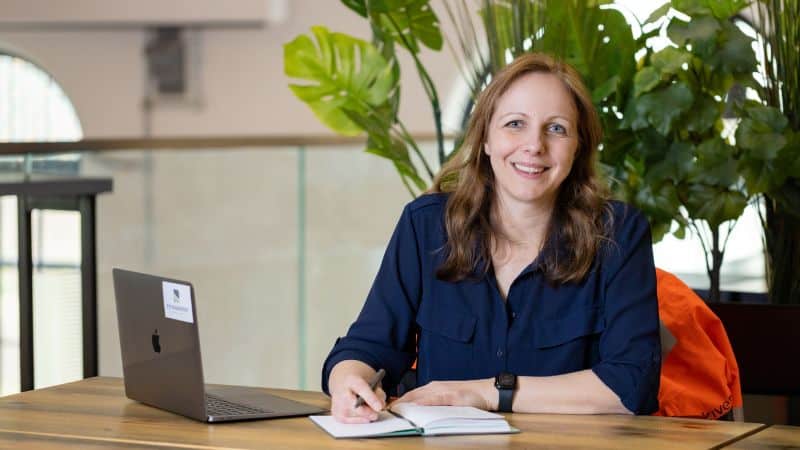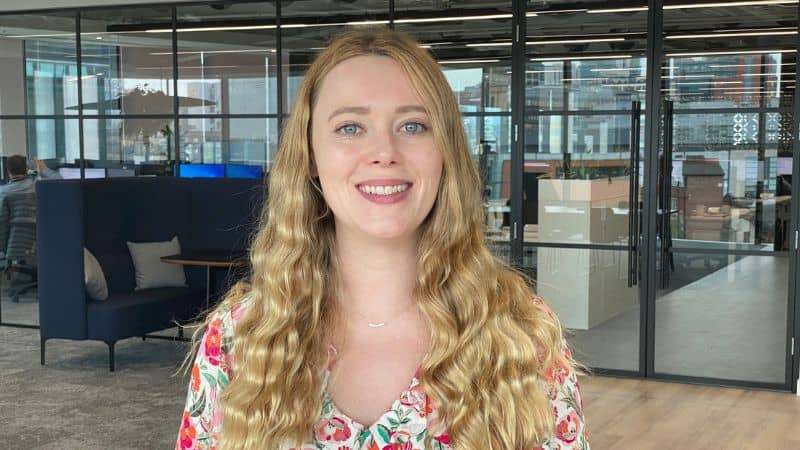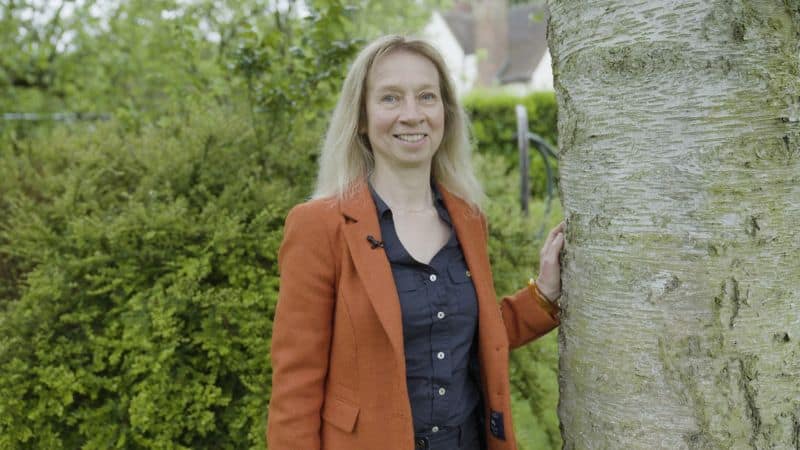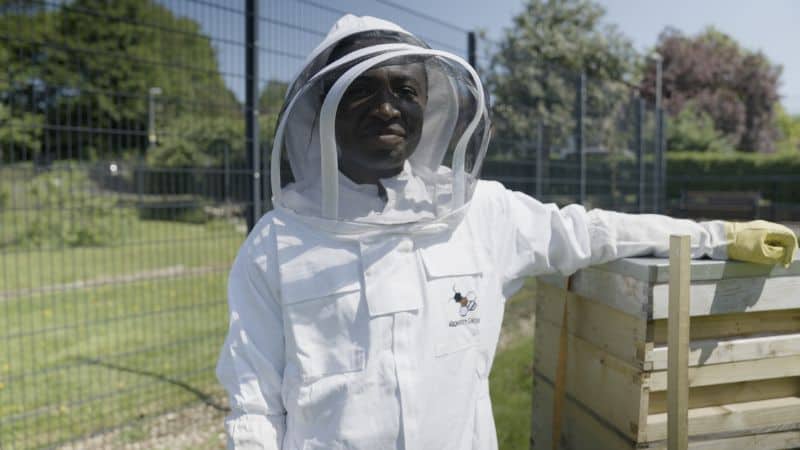Upskilling describes workers learning new skills, or building on current skills, through education and training. Training is the teaching of these skills, knowledge or behaviours and is often delivered in the form of a short course. Typically, qualifications relate to longer-term study. In recent years, there has been a rise in micro-credentials, which refers to bite-size, shorter-term learning focusing on a specific area. Often studied online, micro-credentials usually result in certification.
People retrain for different reasons, which could include a change in personal circumstances or job role, redundancy or unemployment, a shift of career or sector, or a desire to learn something new. According to a report by Hays, “over half (51%) of professionals said they would consider re-skilling into the sustainability sector.”














